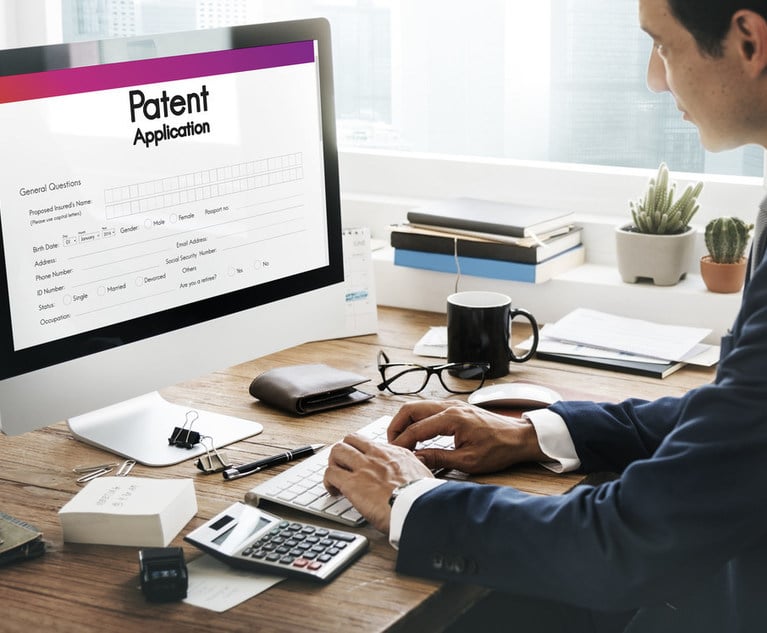Ssalkin

October 10, 2024 | Law.com
Top 5 Strategies for Managing the End-of-Year Collections FrenzyEnd of year collections are crucial for law firms because they allow them to maximize their revenue for the year, impacting profitability, partner distributions and bonus calculations by ensuring outstanding invoices are paid before the year closes, which is especially important for meeting financial targets and managing cash flow throughout the firm.
By Saurabh Mehra
6 minute read

October 08, 2024 | Law.com
Generative AI and the 2024 Elections: Risks, Realities, and Lessons for BusinessesGenAI's ability to produce highly sophisticated and convincing content at a fraction of the previous cost has raised fears that it could amplify misinformation. The dissemination of fake audio, images and text could reshape how voters perceive candidates and parties. Businesses, too, face challenges in managing their reputations and navigating this new terrain of manipulated content.
By George Vlatso and Joshua Tucker
7 minute read

September 26, 2024 | Law.com
5 Ways Small and Midsize Law Firms Can Win More Pitches (and Improve Realization Rates)Smaller law firms can significantly increase their chances of competing with large "Goliaths" by bringing an industry focus, maximizing their digital footprint, building processes and systems around the pitch/proposal process, looking backwards for strengths, and engaging in social media.
By Mike Mellor
9 minute read

September 25, 2024 | Law.com
Circuit Courts Split on Review of Bankruptcy Court's Denial of Motion to DismissAppellate courts are split on whether to review a bankruptcy court's denial of a motion to dismiss an entire case. Two district judges within the past few months, hearing appeals from the bankruptcy court, have reached contrary results that underline the split among the nation's courts of appeals.
By Michael L. Cook
11 minute read

September 24, 2024 | Law.com
Yachts, Jets, Horses & Hooch: Specialized Commercial Leasing ModelsThis article discusses, from a general issue-spot and contextual analysis perspective, how lawyers ought to think about specialized leasing formats and the regulatory backdrops that may inform what the documentation needs to contain for compliance purposes.
By Lydia Pilch
8 minute read

September 23, 2024 | Law.com
UTMs: Taking Your Social Media Analysis to the Next LevelIn the fast-paced world of digital marketing, every click, share and engagement counts. However, tracking the effectiveness of your social media efforts on a more granular level can be difficult.
By Tanya Amyote
4 minute read

September 18, 2024 | Law.com
When Your Firm Gets Bought Out, Remember That You Are An AssetWhen someone buys a financial services firm, accounting business or law practice, they get people. People are the assets. Give the acquiring firm a chance to make this worthwhile for everyone concerned.
By Bryce Sanders
4 minute read

September 17, 2024 | Law.com
Hyperlinked Documents: The Latest E-Discovery ChallengeAs courts and discovery experts debate whether hyperlinked content should be treated the same as traditional attachments, legal practitioners are grappling with the technical and legal complexities of collecting, analyzing and reviewing these documents in real-world cases.
By Ryan Hemmel and Luke Groth
8 minute read

September 16, 2024 | Law.com
The Eight Things Journalists Love and Why They MatterKnowing how to present your article idea, pitch or press release to a journalist is the key to transforming your news into a headline. Whether you're aiming for coverage in print, online or on TV, understanding what journalists are looking for can dramatically increase your chances of getting media coverage.
By Brenda McGann and Denise Nix
13 minute read

September 16, 2024 | Law.com
Federal Circuit Decision Clarifies Obviousness-Type Double Patenting and Patent Term Adjustments In 'Allergan v. MSN Laboratories'On August 13, the Federal Circuit issued a precedential ruling that reversed the District of Delaware's application of the Federal Circuit precedent in In re: Cellect to invalidate a claim in an earlier-filed parent application over admittedly patentably indistinct claims in later-filed (and earlier-expired) child patents. This decision has resolved some substantial questions about the application of obviousness-type double patenting that had been raised by last year's In re Cellect decision.
By Maia H. Harris and Emma C. Mann
7 minute read
Trending Stories
- 1Gibson Dunn Sued By Crypto Client After Lateral Hire Causes Conflict of Interest
- 2Trump's Solicitor General Expected to 'Flip' Prelogar's Positions at Supreme Court
- 3Pharmacy Lawyers See Promise in NY Regulator's Curbs on PBM Industry
- 4Outgoing USPTO Director Kathi Vidal: ‘We All Want the Country to Be in a Better Place’
- 5Supreme Court Will Review Constitutionality Of FCC's Universal Service Fund
More from ALM
- Legal Speak at General Counsel Conference East 2024: Match Group's Katie Dugan & Herrick's Carol Goodman 1 minute read
- Legal Speak at General Counsel Conference East 2024: Eric Wall, Executive VP, Syllo 1 minute read
- Legal Speak at General Counsel Conference East 2024: Virginia Griffith, Director of Business Development at OutsideGC 1 minute read



